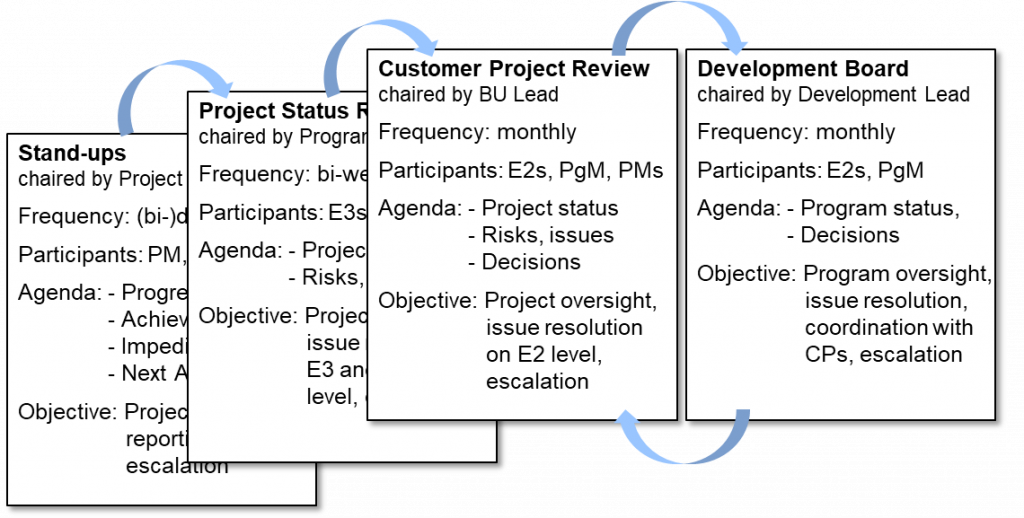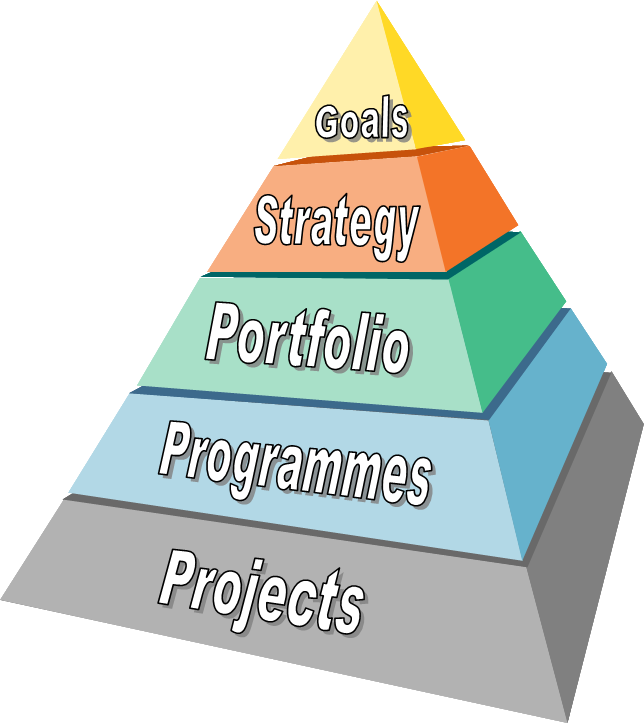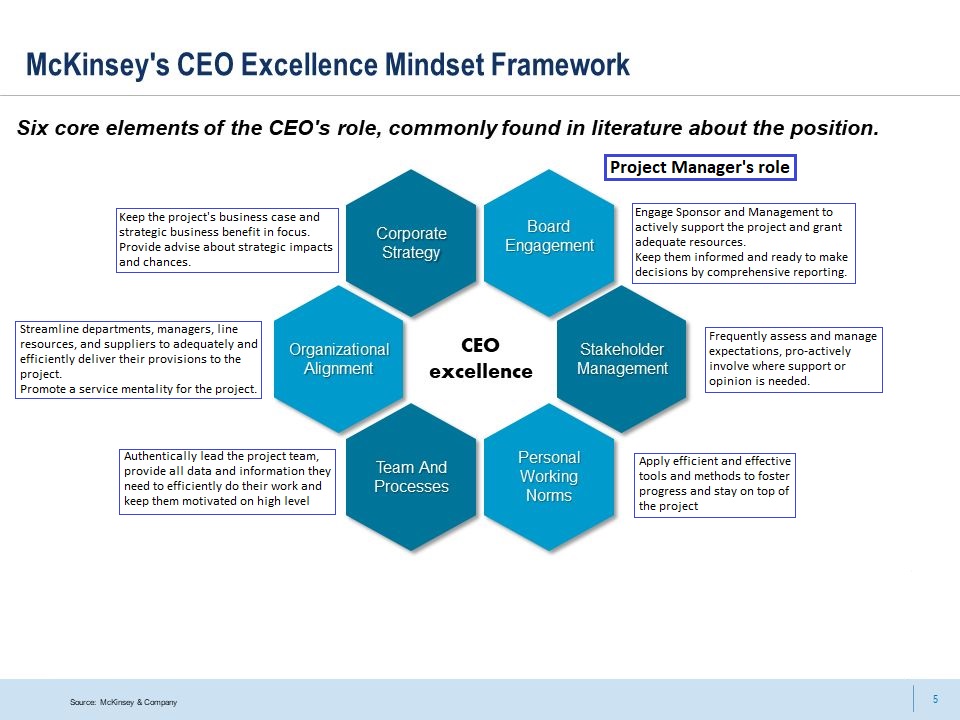You could think that in times of economic uncertainty, every CxO, VP, division or department manager would not only be careful with their investments and budgets, but also seek to solve problems and imbalances in their ongoing projects. Project Recovery? Turnaround Management? Many put (not only such) projects “on hold”, thus freeing up scarce resources and consolidating them. A pretty good approach, but only one side of the medal.

Because the problems don’t disappear from that. They are only postponed to “better times” or written off expensively and without the hoped-for benefit. Often, they simply continue in the few remaining projects, where they become new “bottomless barrels”. Why? Because the majority of the problems are only symptoms, but the causes are not eliminated. Therefore, no reason to relax !
My lessons learned
in many years of project recovery and turnaround: It is usually not because of scarce or missing resources that projects are not completed as planned. A good project manager can deal with this if he plans realistically and controls effectively. It is much more often due to weak project management – internally in the project and externally into the implementing organization. More than half of the troubles in projects arise from inadequate embedding in and coordination with the organization, the line departments, the customers, and the management. And they can only be solved there, not in the project itself.

A good project manager leads internally and externally. If an internal employee does not succeed as a project manager (or is not able due to the organizational and corporate cultural conditions), an external specialist must be called in for support. He has no blinkers on, can neutrally assess and judge, and does not have to worry about his career if he openly addresses truths. And he brings know-how with him that apparently does not exist in the company. This allows him to quickly and effectively break and resolve problem and cost spirals and is thus much cheaper than if you continue to try with the (already failed) own funds.
The bottom line:
Smart CxOs, VPs, division or department heads are well advised, especially in times of crisis, not only to consolidate, but to get to the root causes of their problems with external help. And this also and especially applies to their troubled projects. Hardly any investment, even if “good money” is taken into hand once more to save “bad money”, is more worthwhile than the turnaround and still achieved business benefits from a distressed project !
Learn more about the Business Case of Project Recovery here…

















